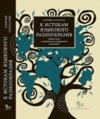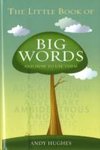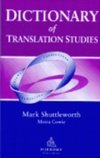
-
 Anglický jazyk
Anglický jazyk
English-based pidgins and creoles
Source: Wikipedia. Pages: 69. Chapters: Tok Pisin, Bislama, Manglish, Singlish, Jamaican Patois, Torres Strait Creole, Gullah language, Belizean Creole, Virgin Islands Creole, Bajan Creole, Krio language, Madras Tamil, Pichinglis, Hawaiian Pidgin, Pijin... Viac o knihe
Na objednávku
18.39 €
bežná cena: 20.90 €
O knihe
Source: Wikipedia. Pages: 69. Chapters: Tok Pisin, Bislama, Manglish, Singlish, Jamaican Patois, Torres Strait Creole, Gullah language, Belizean Creole, Virgin Islands Creole, Bajan Creole, Krio language, Madras Tamil, Pichinglis, Hawaiian Pidgin, Pijin language, Bahamian Creole, Japanese loanwords in Hawaii, English-based creole languages, West African Pidgin English, Cameroonian Pidgin English, Nigerian Pidgin, Chinese Pidgin English, Australian Kriol language, Norfuk language, Antiguan Creole, Sranan Tongo, Trinidadian Creole, Miskito Coastal Creole, Pitkern language, Saint Kitts Creole, Elly Niland, Guyanese Creole, Aluku, Ndyuka language, Naijalingo, San Andrés-Providencia Creole, Grenadian Creole, Limonese Creole, List of English-based pidgins, Liberian Kreyol language, Merico language, Chilapalapa, Japanese Pidgin English, Light Warlpiri, Jamaican Maroon Spirit Possession Language, Rama Cay Creole, Afro-Seminole Creole, Engsh, Turks and Caicos Islands Creole, Fernando Poo Creole, Queensland Kanaka English, Vincentian Creole, Anguillan Creole, Tobagonian Creole, Aku dialect, Bocas del Toro Creole, Kwinti people, Samoan Plantation Pidgin, Montserrat Creole, Nauruan Pidgin English, Paramaccan people, Tok Pisin alphabet, Colón Creole, Rio Abajo Creole, Cayman Creole, American Indian Pidgin English. Excerpt: Colloquial Singaporean English, also known as Singlish, is an English-based creole language spoken in Singapore, and at times in Malaysia and Brunei. Singlish is commonly regarded with low prestige in Singapore. The Singaporean government and many Singaporeans alike heavily discourage the use of Singlish in favour of Standard English. The government has created an annual Speak Good English Movement to emphasise the point. Singlish is also heavily discouraged in the mass media and in schools. The vocabulary of Singlish consists of words originating from English, Malay, Hokkien, Teochew, Cantonese, Tamil, Bengali, Punjabi and to a lesser extent various other European, Indic and Sinitic languages, while Singlish syntax resembles southern varieties of Chinese. Also, elements of American and Australian slang have come through from imported television series and films. In the last two decades, an increasing amount of Mandarin words have found their way into Singlish because Mandarin Chinese is taught to most Singaporean Chinese students in school. Japanese words are becoming more common as young Singaporeans become exposed to Japanese culture, particularly through Anime. Singapore English derives its roots from 146 years (1819-1965) of British colonial rule over Singapore. Prior to 1965, the standard form of English in Singapore had always been British English and Received Pronunciation. After Singapore declared independence in 1965, English in Singapore began to take a life of its own, leading to the development of modern day Standard Singapore English. Standard Singapore English began to take root and Singlish began to evolve among the working classes who learned English without formal schooling. Singlish originated with the arrival of the British and the establishment of English language schools in Singapore. Soon, English filtered out of schools and onto the streets, to be picked up by non-English-speakers in a pidgin-like form for communication purposes. After some t
- Vydavateľstvo: Books LLC, Reference Series
- Rok vydania: 2011
- Formát: Paperback
- Rozmer: 246 x 189 mm
- Jazyk: Anglický jazyk
- ISBN: 9781155740911
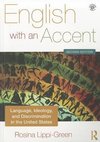


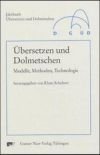
 Nemecký jazyk
Nemecký jazyk 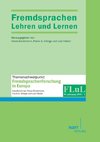
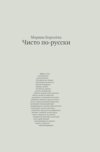
 Ruský jazyk
Ruský jazyk 

